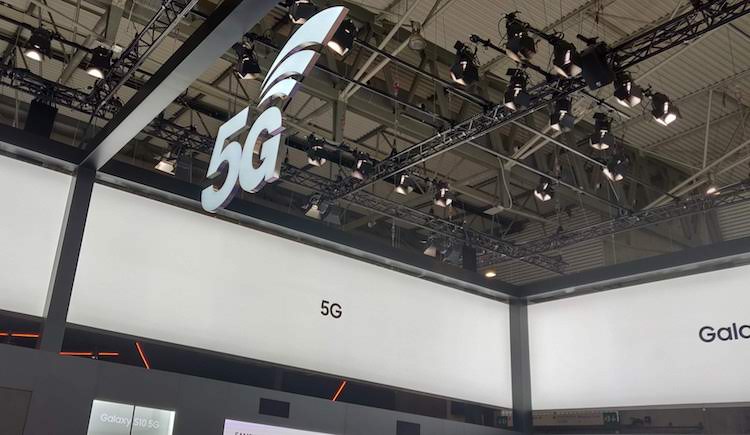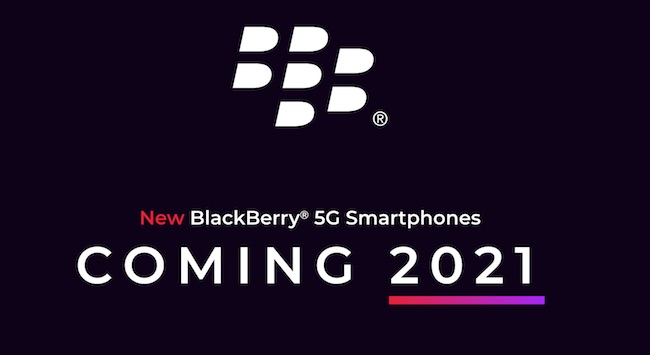The merger of T-Mobile and Sprint may currently be locked up in some legal battles at the moment, but this hasn’t stopped the carriers from preparing several smartphones to work on both of their networks.
PCMag’s Sascha Segan recently confirmed that two 5G devices on T-Mobile, the Samsung Galaxy Note 10+ 5G and the OnePlus 7T Pro 5G McLaren will also be 5G compatible with Sprint. This is pertinent because the carriers currently use two different technologies to power their main 5G networks. T-Mobile’s 5G runs on a low-band network while Sprint’s 5G runs on a mid-band network.
Never the less, these smartphones run the Qualcomm X55 modem, which supports both network types, as well as a third, called millimeter-wave. Even with all of this compatibility detailed, current connectivity and device availability remains rather exclusive.
Both the Galaxy Note 10+ 5G and the OnePlus 7T Pro 5G McLaren will release on T-Mobile latest this year, with the latter being a T-Mobile exclusive. Sprint currently sells the OnePlus 7 Pro 5G as a carrier exclusive, as well as the LG V50, which is essentially a CDMA network exclusive since Verizon also offers this device.
T-Mobile and Sprint offer the Samsung Galaxy S10 5G models, which are currently carrier-locked. However, T-Mobile has also confirmed that its Galaxy S10 5G model, which runs on a millimeter-wave network, will also soon be compatible with Sprint’s network. However, the Galaxy S10 5G won’t be compatible with T-Mobile’s new low-band network, which is supposed to aid in its efforts to provide nationwide 5G.
In short, T-Mobile supports low-band and millimeter-wave and Sprint supports mid-band and millimeter-wave, allowing for some decent compatibility between devices, but even the newer models will have come connectivity shortcomings. The Galaxy Note 10+ 5G and the OnePlus 7T Pro 5G McLaren won’t support millimeter-wave on T-Mobile because the devices do not have the required antenna modules to support the connection.
There is no word on exactly when T-Mobile and Sprint’s merger will be complete, though the U.S. Department of Justice approved the deal in July. Once plans are cleared to actively proceed, T-Mobile and Sprint as one company are expected to focus on expanding Sprint’s mid-band network spectrum as its main source of 5G. This connectivity is ideal for covering entire cities despite millimeter-wave providing faster 5G speeds. The merged company would also aim to improve mid-band speeds in the change.
Currently, Sprint supports 5G in nine cities and T-Mobile in six. Both networks power 5G in Los Angeles, New York, Atlanta, and Dallas. Sprint also has 5G coverage in Houston, Kansas City, Phoenix, Washington D.C., and Chicago, and T-Mobile in Cleveland and Las Vegas.




